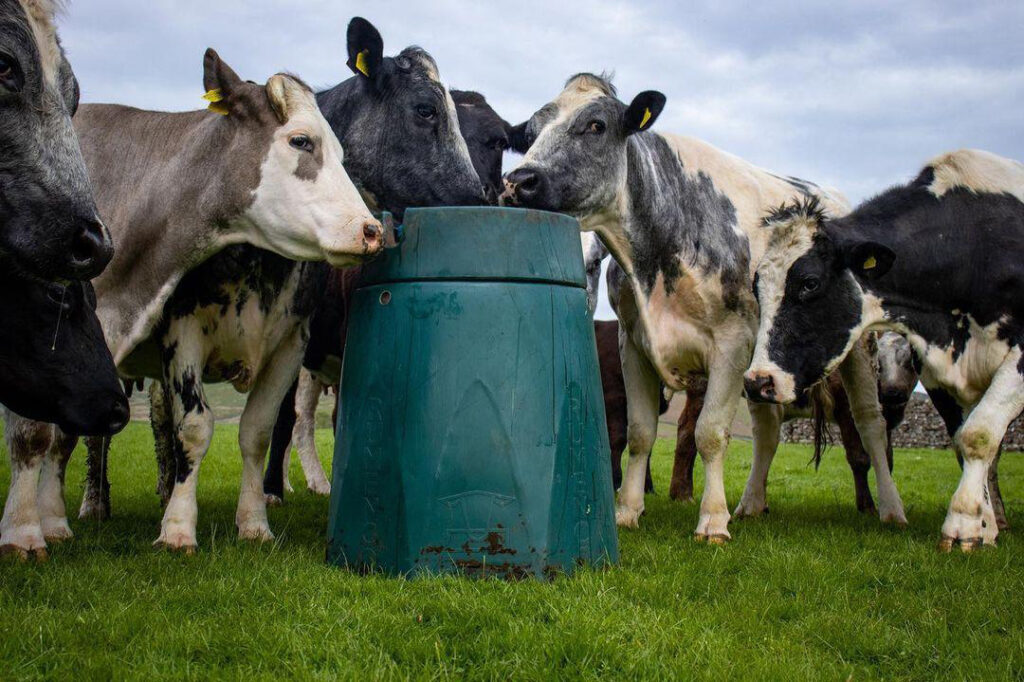Magnesium supplementation critical to protect livestock from grass staggers
30th May 2023
Livestock farmers are being warned about the increased risk of grass staggers in cattle and sheep as a result of this year’s wet spring, with Rumenco nutritionist Dr Alison Bond advising supplementation to balance a lower-than-average magnesium intake from grass.

A damp spring and higher than average grass growth have extended the risk period of grass staggers on sheep and cattle farms. A multipurpose magnesium supplement is an effective way to mitigate this increased risk.
While fresh grass is an excellent source of nutrition for livestock, it is very low in dry matter content which is further decreased when conditions are wet, Dr Bond pointed out.
“This means some of the nutrient levels are diluted and it can be difficult for animals to eat sufficient levels, in particular, magnesium intake can be low resulting in magnesium deficiency, otherwise known as grass staggers, grass tetany or hypomagnesaemia,” she explained.
Other early grazing factors such as high potassium levels and rumen degradable proteins also contribute to magnesium deficiency in livestock, which has been further compounded by the wet weather conditions seen this spring.
Dr Bond said this has resulted in the grass staggers window being extended, with farmers likely to encounter lower nutrient levels in forage well into June. Livestock most vulnerable to the condition include late lambing ewes that are three to four weeks post-lambing and cattle that are four to eight weeks post-calving with energy stores under stress.
To protect livestock against grass staggers, Dr Bond recommended providing animals with a palatable supplement that masks the bitter taste of magnesium, ensuring adequate intake.
Rumenco offers a wide selection of magnesium-enriched supplements that can be fed in molassed buckets, high-energy feed blocks or as a soluble liquid to be added to drinking water. The company’s solid magnesium supplements have been formulated to cover up the bitterness and increase intake while also offering additional benefits to cattle and sheep.
“A huge benefit of supplying magnesium through a low moisture bucket or feed block is an increase in forage utilisation by upwards of 10 percent,” Dr Bond said. “As livestock lick the feed, the increased release of saliva buffers the highly concentrated levels of sugar and energy flowing to the rumen. This, in turn, helps cattle and sheep make the most of the available forage on offer.
“Fortified with minerals, vitamins and trace elements, they also work to support animal health and performance – making them a multi-purpose product.”
If choosing to supplement in liquid form, Dr Bond advises that any other water source, such as puddles, is removed from the field to ensure sufficient magnesium intake.
